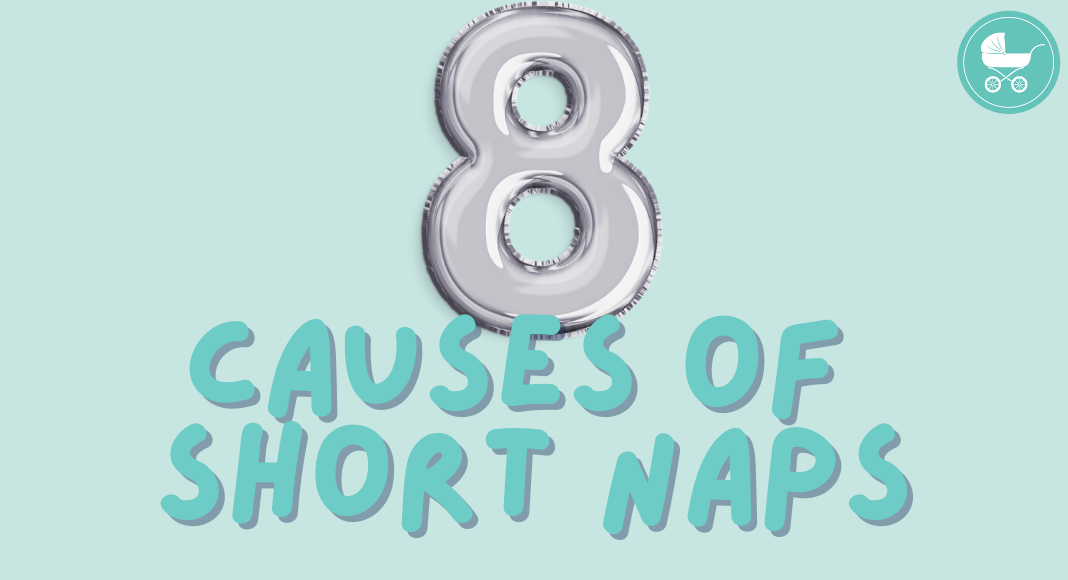
September 18, 2014
When should I drop the nighttime feedings? Is it too soon? How will I know my child is ready? Am I depriving them of food if I stop feeding them at night? These are just a few question many mothers are concerned about as they battle their children’s nighttime feedings. The good news is we […]
Dropping the Night Feed
When should I drop the nighttime feedings? Is it too soon? How will I know my child is ready? Am I depriving them of food if I stop feeding them at night? These are just a few question many mothers are concerned about as they battle their children’s nighttime feedings. The good news is we are here to discuss all of that now!
When to Drop a Feeding:
Once your baby is 4 months old and weighs at least 14 pounds, his belly becomes physically able to handle those long stretches. Maybe not a full 12 hours but a great 6 hour stretch is feasible. Many pediatricians say that a child 6 months or older who is fit and healthy does not need any nighttime feedings. I want to be very clear here: not every 6 or 7 month old is ready to fully drop his or her last feed. Anything more then two feedings throughout the night after 6 months old should absolutely be eliminated. That is more of a bad sleep crutch than an actual need for food. But when you have dropped your feedings down to one or two and your child continues to wake up for a feeding, go with your motherly instinct to decide whether or not it’s necessary to drop that final feeding. I know, I know – most sleep consultants don’t advise this. But as a mother – you know your child the very best! If you think it’s a necessary feeding, don’t let anyone tell you to stop!
Signs Your Baby is Ready to Wean:
There are a few distinct signs your baby is ready to start dropping those night time feedings, but these are the main three:
- While you feed at night, your baby wants to play and is not taking a solid feeding. If this is the case, your baby’s internal body clock is programmed to wake up at that time instead of waking because she is actually hungry.
- Once you go to feed your baby after he or she has woken up, within 2-3 minutes your baby is sound asleep again. This is usually a major sign your child is using you as a sleep crutch and doesn’t need that feeding.
- They are consuming most of their calories in the night and not eating as much in the day. Encouraging them to consume their calories during the day will help lengthen those stretches at night.
How to Wean Breastfed and Bottle-fed Babies:
If your baby is giving you all the signs that they are getting plenty to eat in the day and using nursing or bottle feedings as the only way to go back to sleep, here are a few ways to begin the weaning process:
How to wean breastfed babies:
- Gradually reduce the amount of time baby gets on the breast by one minute every night. For example, if your baby nurses 12 minutes on each side (for a total of 24 minutes), start reducing his time by one minute each night. The second night you would feed him for only 11 minutes on each side, 10 minutes the third night, nine minutes the fourth, etc.
- By the time your baby is only nursing for 2-3 minutes, he may stop waking up all on his own.
- However, if your baby is still waking to be nursed, then it’s time to begin sleep training him. With a week of consistent sleep training, which entails providing reassurance such as comforting him for a few minutes and stepping back a little (still staying close by) or letting him cry for a two or three minutes and walking into his room to reassure him, he’ll understand there are no more feedings being offered in the middle of the night.
- Once you have weaned your baby from a feeding, don’t bring it back! If you do decide to nurse him again for whatever reason once you have weaned him, you will need to start all over again.
How to wean bottle-fed babies:
- Whatever you normally offer your baby of formula during that feeding, begin by offering two ounces less. So instead of an eight ounce bottle, offer a six ounce bottle. Then drop it the next night to a four ounce bottle, etc.
- The second way you can wean your baby from the bottle is to dilute the formula by reducing the amount of formula in the bottle by 1 scoop but leaving the amount of water the same. So, instead of eight ounces of water with four scoops of formula, you would offer eight ounces of water with three scoops of formula.
- Continue decreasing the dilution of the formula until the bottle is 100 percent water. (Or continue offering less formula in the bottle – six oz, four oz, two oz). After 1-2 days of “only water” bottles, you should not offer any more bottles.
- At this point your baby will probably stop waking up for this feeding all on his own. If not, then it’s time to begin sleep training him. With a week of consistent sleep training, which entails providing reassurance such as comforting him for a few minutes and stepping back a little (still staying close by) or letting him cry for a two or three minutes and walking into his room to reassure him, he’ll get the message that there are no more feedings being offered in the middle of the night.
- When you have eliminated that feeding, you should not offer another bottle at that time.
Night weaning can be a little challenging, but following the steps above will make it much easier. If you find that you’re still having trouble dropping the night feedings, please consider one of our sleep packages.
Get instant access to our free sleep class for children from newborn to 5 years old. You will learn how to get your child to sleep independently -- and all through the night!
Get Your Child To Sleep All Night Long in as Little as 7 Days!
join the free class
THE CLASS



